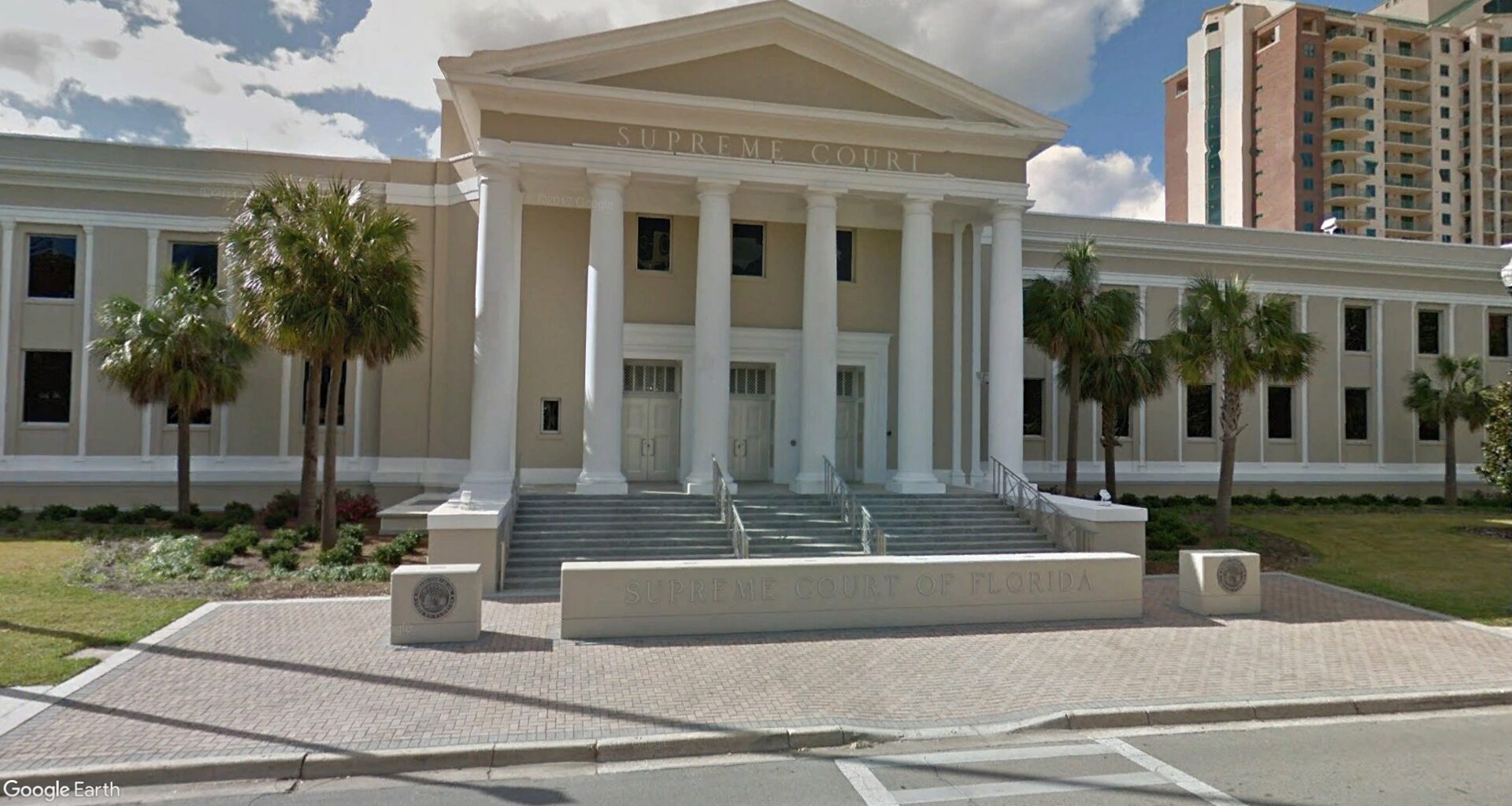Proposed by Rep. Peggy Gossett-Seidman, the controversial bill sought to ban political campaigning and endorsements in schools and universities, raising First Amendment concerns before being pulled amid widespread backlash.
Alicia Bolton | Contributing Writer
For the last few weeks, there have been whispers regarding a certain bill that has been circulating on the Florida Senate floor. The infamous House Bill 49 was filed on September 26, 2025. It sought to prohibit political campaigning at educational institutions by students and candidates, restrict the distribution of campaign materials, and prevent the appearance of giving support to one party over another through means of endorsement or voter registration.
This meant that violators of the bill would be charged with a misdemeanor and a fine of $500. The bill was met with significant pushback, which ultimately led to the sponsor, House Rep. Peggy Gossett-Seidman, withdrawing it before introduction.
HB 49 was one of many bills that did not pass on the Senate Floor this year; however, it is probably one of the most controversial. Its goal of regulating political activity on campuses was met with heavy scrutiny as critics cited that it violated the First Amendment, which protects the freedom of speech.
While HB 49 was primarily focused on primary and secondary schooling, it also encompassed higher education and post-graduate institutions. These higher learning institutions, including colleges and universities, are considered public forums that allow the public and students to use designated areas for assembly and expression. Government regulation of these spaces has traditionally been limited, which is why it garnered protest from students, educators, and civil liberties groups.
Then there is the additional issue of what technically violates this law, and the technicalities of enforcement. The subjectivity of this bill is another thing that critics took into consideration. What is considered to be political activity? Critics of HB 49 pointed out that terms like “political campaigning” or “endorsement” are not clearly defined, meaning administrators could subjectively decide what counts as a violation. For example, if a student were to distribute flyers about a candidate, it could be construed as “campaigning” depending on the judgment of administrators. Critics argued that this leaves a gray area: whether or not the determination of political activities could be applied unevenly or suppress voices that dissent or engage in activism.
According to Representative Gosset-Seidman, the bill intended to promote nonpartisanship in educational institutions. “When I did a deep dive, I found that this problem is occurring on many campuses throughout the state, and it puts schools in peril of losing funding.” While not an explicit reference, her statement does nod toward the many institutions that are at risk of funding being axed due to the ongoing pro-Palestinian protests that began in April 2024. Some universities like Harvard, the University of California system, and Massachusetts Institute of Technology (MIT) are even seeking to sue for that reason.
This bill follows years of high-profile education reforms in Florida, including Senate Bill 266 (2023), which reshaped diversity, equity, and inclusion (DEI) policies at state universities, and HB 7(2022), known as the “Stop WOKE Act,” which restricted certain classroom discussions on race and gender. Even though the bill never became law, it still reflects broader state-wide conversation about political expression in educational environments.
Times are changing, and FIU students, student-run organizations, faculty, and administration must all learn to navigate these evolving boundaries. Students still have the right to peaceful assembly and speech, that much is guaranteed; however, everyone should remain informed on the new complexities that are continuously emerging.
About Post Author
